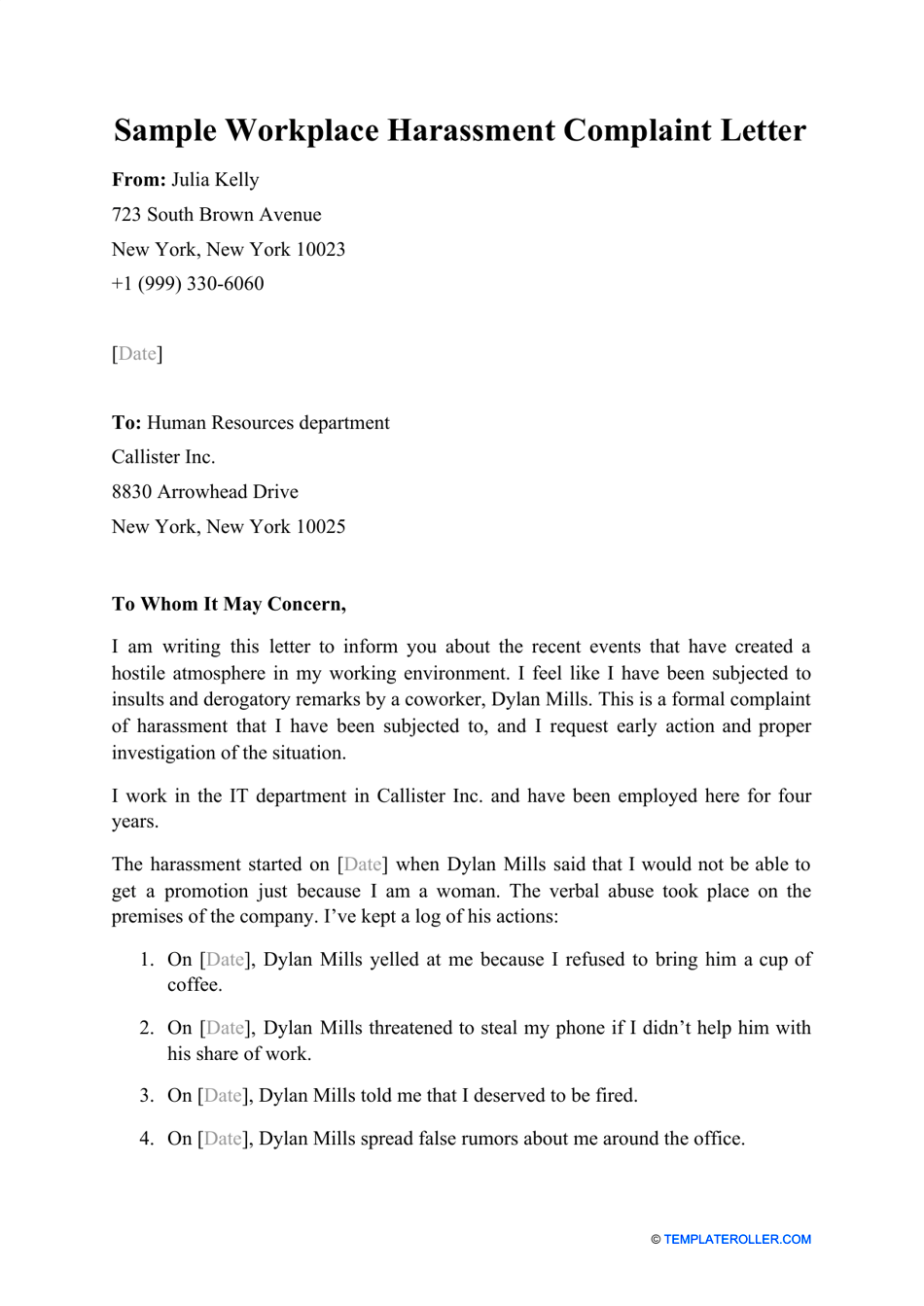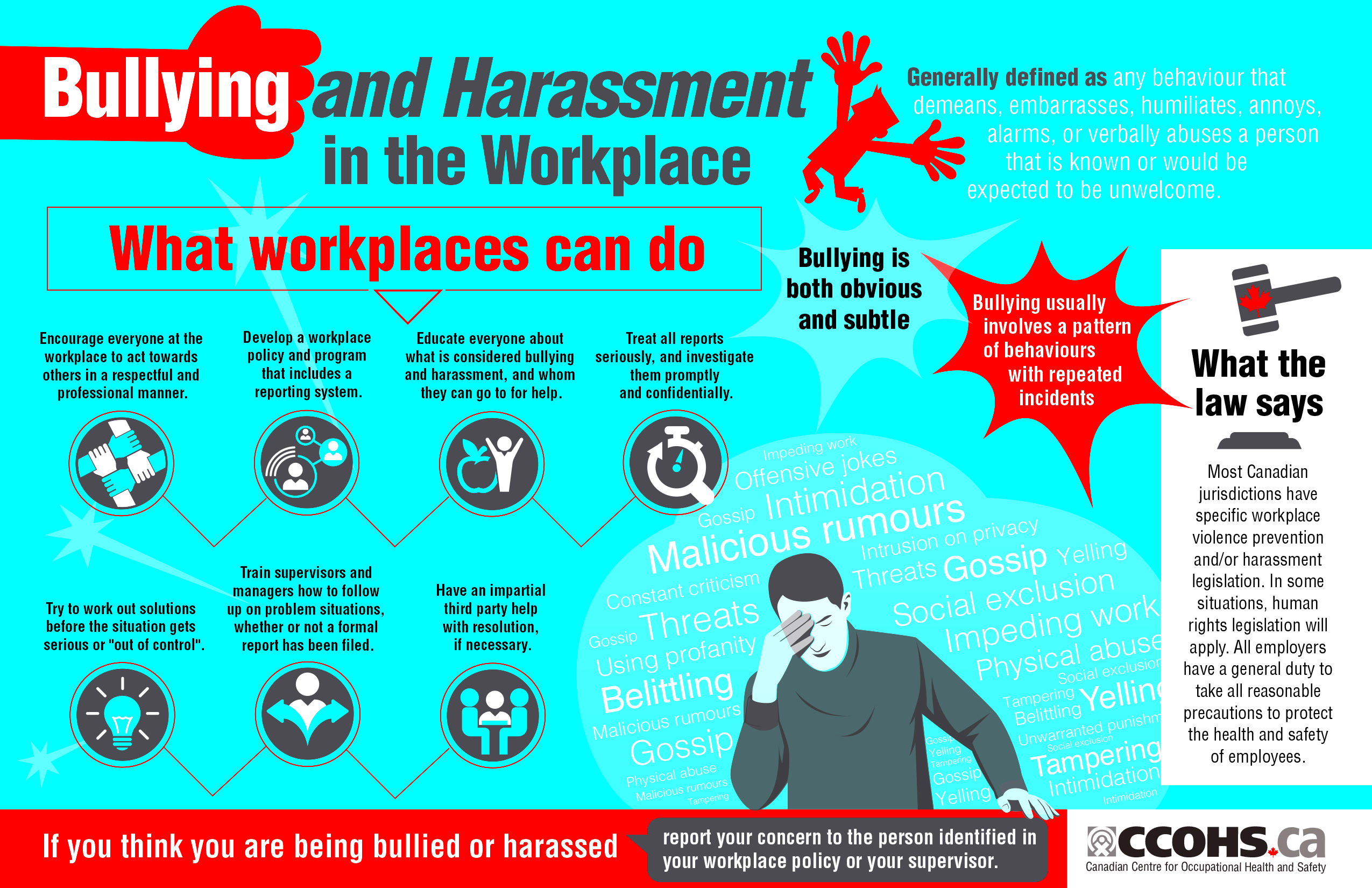Overview of Massachusetts Workplace Harassment Laws
Massachusetts takes workplace harassment seriously. Laws are in place to protect employees from inappropriate behavior in their workplaces. Understanding these laws is crucial for both employers and employees. Knowing your rights can help create a safer work environment. In this post, we will explore what constitutes workplace harassment, the types of harassment, and how the laws work in Massachusetts.
Definition of Workplace Harassment

Workplace harassment is any unwelcome behavior in a work setting that creates an intimidating, hostile, or offensive environment. It’s not just about physical actions; it can also include verbal and non-verbal behaviors. Here are some key points to consider:
- Unwelcome Conduct: The behavior must be unwanted. If the recipient does not welcome the behavior, it may be considered harassment.
- Severity: The behavior must be severe enough to alter the conditions of employment or create a hostile work environment.
- Impact on Work: Harassment can interfere with an employee’s performance, making it difficult for them to do their job effectively.
It’s important to note that workplace harassment can happen between coworkers, supervisors, or even clients and vendors. Understanding this definition is the first step in recognizing and addressing harassment in the workplace.
Types of Workplace Harassment

Workplace harassment can take many forms. Here are the main types to be aware of:
- Verbal Harassment: This includes derogatory comments, slurs, jokes, or any spoken words that demean or insult someone based on their characteristics.
- Physical Harassment: Unwanted physical contact, such as touching, pushing, or other forms of aggressive behavior fall under this category.
- Visual Harassment: This can involve inappropriate images, posters, or gestures that create an offensive work environment.
- Sexual Harassment: Unwanted sexual advances or remarks, whether verbal or physical, are also considered a serious form of workplace harassment.
- Cyber Harassment: With the rise of technology, harassment can also occur online through emails, social media, or other digital platforms.
Recognizing these types is essential in fostering a respectful and safe workplace for everyone.
Legal Framework Governing Workplace Harassment

The legal framework surrounding workplace harassment in Massachusetts is designed to protect employees and promote a healthy work environment. Several key laws play a role in this framework, helping to define what harassment is and how it should be addressed. Understanding these laws is crucial for both employers and employees. Here are the primary laws you should know:
- Massachusetts General Laws Chapter 151B: This law prohibits discrimination and harassment based on protected characteristics, such as race, color, religion, national origin, sex, disability, and sexual orientation.
- Title VII of the Civil Rights Act: A federal law that prohibits employment discrimination on the basis of race, color, religion, sex, or national origin. It applies to employers with 15 or more employees.
- Equal Employment Opportunity Commission (EEOC): This federal agency enforces laws against workplace discrimination and provides guidance on harassment issues.
Employers are required to have policies in place that prevent harassment and outline the procedures for reporting and addressing it. Failure to comply with these laws can result in legal consequences, including fines and lawsuits. Therefore, understanding the legal framework is essential for creating a workplace that respects all employees.
Reporting Workplace Harassment
Reporting workplace harassment is a vital step toward addressing the issue and creating a safer work environment. If you experience or witness harassment, it’s important to know how to report it effectively. Here are the steps to take:
- Document the Incident: Write down details about the harassment, including dates, times, locations, what was said or done, and any witnesses. This documentation will be crucial for any investigation.
- Review Company Policies: Check your employee handbook or company policy documents to understand the reporting procedures in place.
- Report to a Supervisor or HR: Approach a trusted supervisor or human resources representative to share your experience. If the harasser is your supervisor, report to HR or another higher authority.
- File a Formal Complaint: If necessary, you may need to file a formal complaint, following your company’s procedures. This may involve filling out specific forms and providing the documentation you’ve gathered.
Remember, it’s important to report harassment promptly. The sooner it’s reported, the more effectively it can be addressed. Your company should have policies to protect you from retaliation for reporting harassment.
Investigation Process for Harassment Claims
Once a harassment claim is reported, an investigation is typically initiated to determine the validity of the complaint. This process is crucial for ensuring that all parties involved are heard and that appropriate actions are taken. Here’s what you can generally expect during the investigation:
- Initial Review: HR or a designated investigator will review the complaint to determine if it warrants a formal investigation.
- Gathering Information: The investigator will collect evidence related to the claim. This may include interviews with the complainant, the accused, and any witnesses. They may also review relevant documents, emails, or recordings.
- Analysis of Findings: After gathering information, the investigator will analyze the evidence to determine if harassment occurred. This analysis should be objective and thorough.
- Conclusion and Recommendations: The investigator will conclude the investigation and recommend appropriate actions, which could include disciplinary measures against the harasser or additional training for staff.
- Follow-Up: After the investigation, the company should follow up with the complainant to ensure they feel safe and supported moving forward.
It’s important to note that investigations should be conducted promptly and confidentially to protect the rights of everyone involved. This process helps ensure accountability and promotes a healthier workplace culture.
Consequences of Workplace Harassment
Workplace harassment can have serious consequences for both the victim and the organization as a whole. Understanding these repercussions can help underscore the importance of addressing harassment promptly and effectively. Here’s a closer look at the potential consequences:
- Emotional and Psychological Impact: Victims of harassment often experience anxiety, depression, and low self-esteem. This can affect their overall well-being and job satisfaction.
- Disruption of Work Environment: Harassment can create a toxic workplace culture, leading to tension among employees and decreased morale.
- Reduced Productivity: Employees who are harassed may find it difficult to focus on their work, leading to a drop in productivity and performance.
- Legal Consequences: Employers who fail to address harassment claims may face lawsuits, which can result in costly settlements or judgments. This can damage the company’s reputation and financial stability.
- Employee Turnover: A toxic work environment can lead to higher employee turnover rates. Valuable talent may leave the organization, resulting in increased recruitment and training costs.
Overall, the consequences of workplace harassment can be far-reaching, affecting individuals and organizations alike. It’s crucial to take all complaints seriously and to foster a culture of respect.
Protecting Employees from Retaliation
One of the most significant concerns for employees reporting harassment is the fear of retaliation. Retaliation can take many forms, including demotion, harassment, or even termination. To protect employees from these negative outcomes, several laws and policies are in place:
- Legal Protections: Both Massachusetts and federal laws protect employees from retaliation. It is illegal for employers to punish employees for reporting harassment or participating in an investigation.
- Company Policies: Most organizations have policies that explicitly state that retaliation is prohibited. Employees should be aware of these policies and know their rights.
- Reporting Mechanisms: Companies should provide safe and confidential ways for employees to report retaliation. This might include anonymous hotlines or designated HR representatives.
- Supportive Environment: Creating a culture of openness and support can encourage employees to report harassment without fear. Training programs can help employees understand their rights and the importance of reporting misconduct.
Employers have a responsibility to foster an environment where employees feel safe and protected. When employees know they can report harassment without fear of retaliation, it helps create a healthier workplace.
FAQs about Massachusetts Workplace Harassment Laws
Understanding workplace harassment laws can be complex. Here are some frequently asked questions to help clarify common concerns:
- What constitutes workplace harassment?
Workplace harassment includes any unwelcome behavior that creates a hostile work environment, including verbal, physical, and visual harassment. - How do I report harassment?
Document the incident and report it to your supervisor or human resources department. Follow your company’s procedures for filing a complaint. - Can I be retaliated against for reporting harassment?
No, both state and federal laws protect you from retaliation for reporting harassment or participating in an investigation. - What should I do if I experience retaliation?
Document any retaliatory actions and report them to your HR department or a legal advisor to understand your rights. - What are the potential consequences for the harasser?
Consequences can include disciplinary actions, up to and including termination, depending on the severity of the harassment.
If you have further questions or concerns about workplace harassment laws, consider consulting with a legal expert or your HR department. Knowing your rights can empower you to take action.
Conclusion on Understanding Workplace Harassment Laws
Understanding workplace harassment laws is crucial for fostering a safe and respectful work environment. Massachusetts has established a robust legal framework that protects employees from harassment and discrimination. Knowing your rights and the types of harassment can empower employees to report incidents without fear of retaliation. It’s essential for both employees and employers to be proactive in addressing harassment and promoting a culture of respect. By implementing effective policies and providing training, workplaces can minimize incidents of harassment and ensure that everyone feels safe and valued. Remember, a healthy work environment benefits not just the individuals involved but also the organization as a whole.


